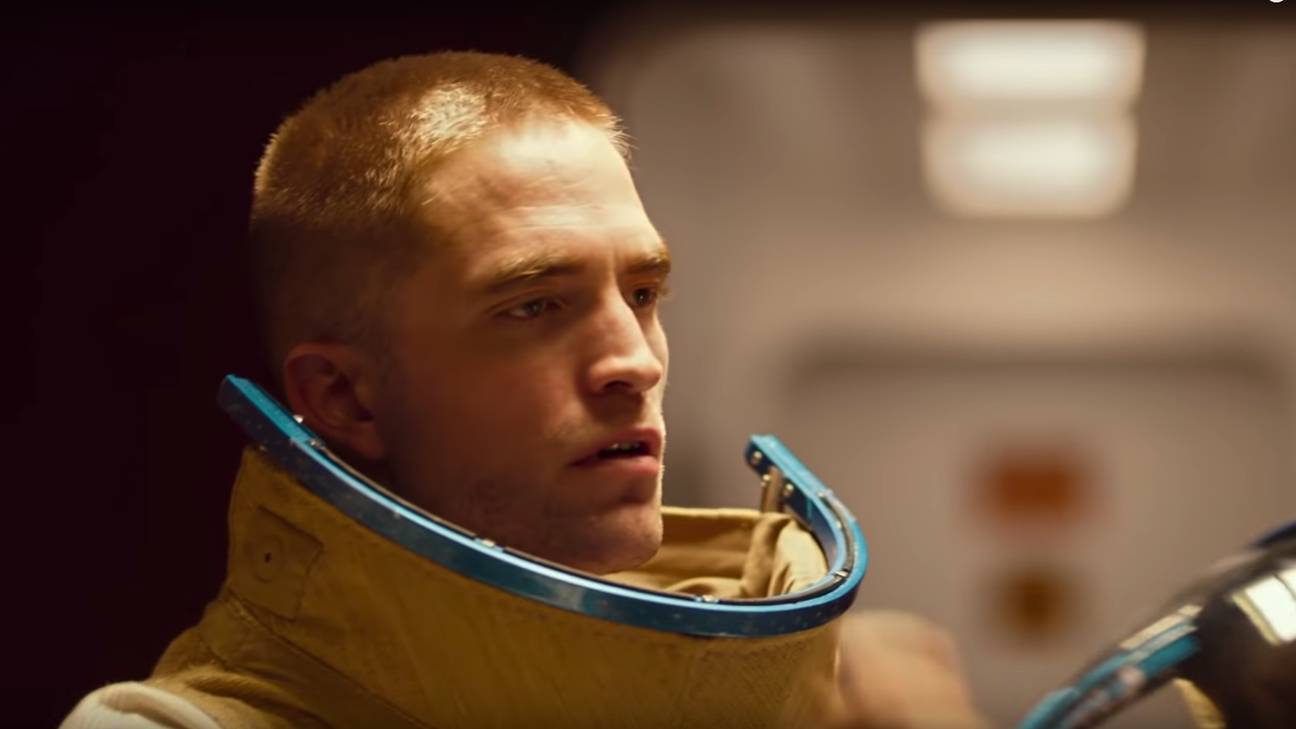Stars at Noon
by George Wolf
Just this past summer, Claire Denis explored psychosexual politics with the moving Both Sides of the Blade. Now, she has sex, lies and global politics on her mind, as Stars at Noon examines sweaty intimacies and slippery alliances.
Adapting Denis Johnson’s novel with co-writers Andrew Litvack and Léa Mysius, Denis keeps the Central American setting but shifts the timeline from 1984 to nearly present day. The threat of COVID-19 adds a relatable layer of suspicion to every interaction, in a part of the world where suspicious minds are easy to find.
Margaret Qualley is sensational as Trish, a young woman staying in a low-rent Nicaraguan hotel while working plenty of angles. There isn’t much to back up her claim to be a journalist (despite a late night call to magazine editor John C. Reilly in a wild cameo), and other details about her life are kept brief and ambiguous.
Trish seems to benefit from at least a couple friends in high places, while new friend Daniel (Joe Alwyn delivering some perfectly smoldering mysteriousness) could benefit from at least one person he can trust.
Daniel says he’s in town from London as an oil company consultant, but Trish is quick to let him know he’s become “a person of interest” with some powerful locals.
But how can this silly American girl know what’s what?
Qualley crafts Trish’s disarming persona beautifully, with a performance that shows a new depth to her talent. While the film’s dialog is often precise and enticing, Qualley makes sure Trish’s non-verbal ques do plenty of talking as well. That gives authenticity to Daniel’s seduction, and the dangerous complications that arise when another mysterious stranger (Benny Safdie) makes Trish a tempting offer.
The humidity of the region feels palpable, laying down a subtle air of oppression that pairs nicely with the more surface level dirty dealings while another wonderful score from Denis favorite Tindersticks works its magic.
Denis is in no rush here, and the narrative can meander through some awkward juggling of tones. But the journey of these characters and their moral posturing is always engaging, and Stars at Noon serves a hypnotic cocktail of intrigue mixed with lust, feminine power and cutthroat colonialism.





